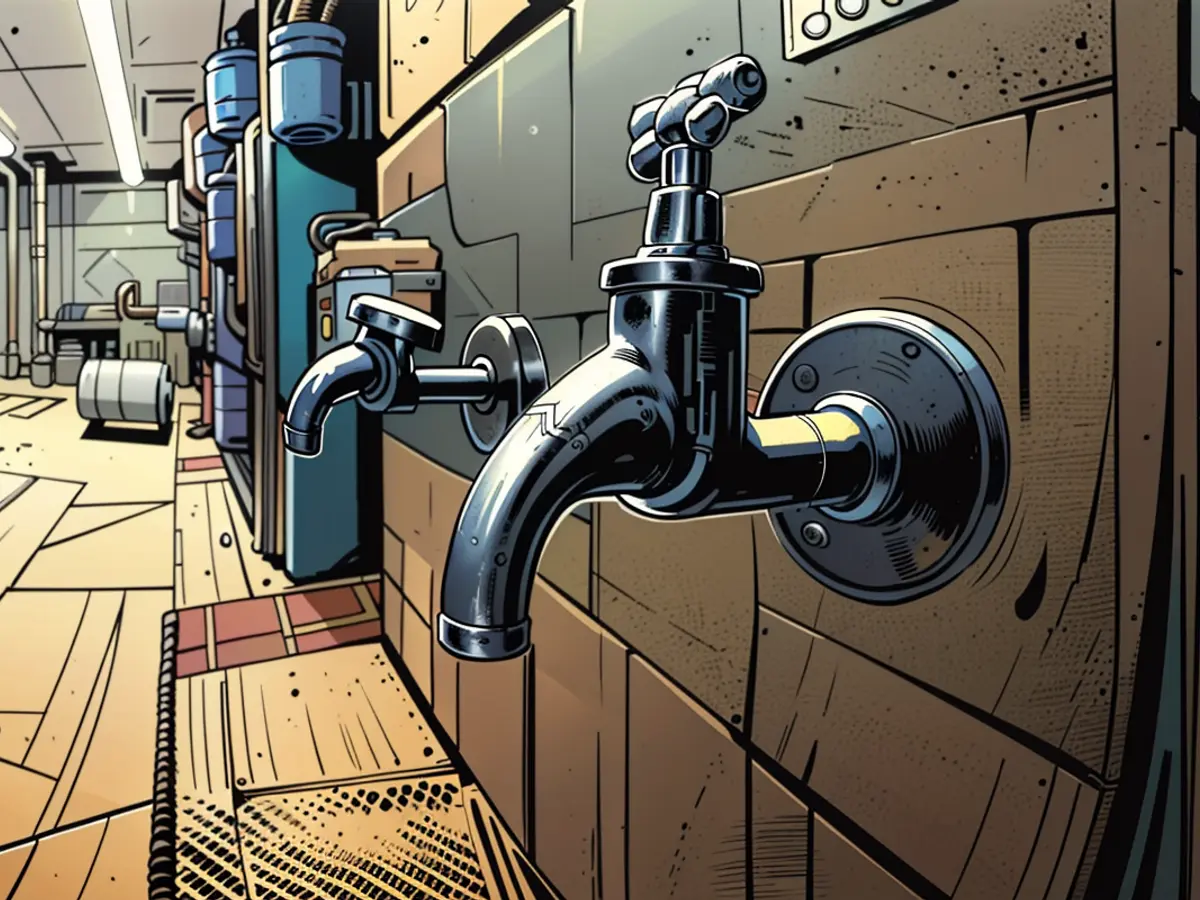- The Commission has also been involved in the preparation of the draft directive on the protection of workers from risks related to exposure to ionizing radiation.
Multiple water suppliers in northern Rhineland-Palatinate aim to support each other in case of future water scarcity. On Tuesday (10:00 AM), Environment Minister Katrin Eder (Greens) will present the new so-called cluster initiative together with the six water suppliers in Dörth (Rhein-Hunsrück district). There, six water suppliers will join forces, providing each other with necessary information in emergencies and supporting each other in case of water scarcity, according to the ministry.
In Rhineland-Palatinate, around 97 percent of drinking water is extracted from groundwater. However, in recent years, the amount of new groundwater formation has decreased significantly. The so-called annual groundwater renewal has decreased by around 25 percent compared to the long-term average over the past twenty years. To balance potential shortages in drinking water, it is important to have interconnected systems of different water suppliers, the ministry writes.
The interconnected systems of the six water suppliers, part of the cluster initiative in Dörth, are crucial in ensuring a smooth drinking water supply during periods of potential scarcity. Given the significant decrease in groundwater renewal in Rhineland-Palatinate over the past two decades, collaborative efforts among various water suppliers are vital in maintaining a reliable drinking water supply.








